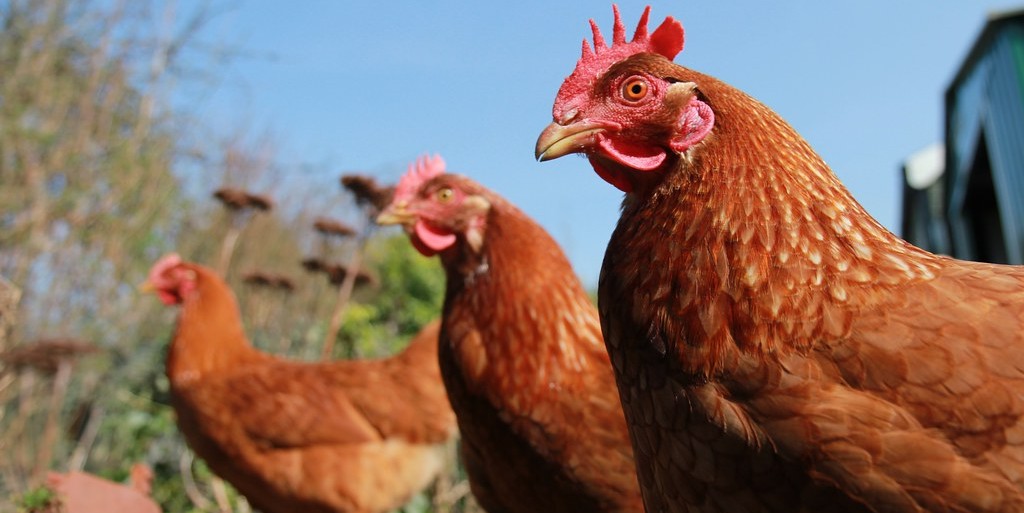The government of Thailand just removed cannabis from its list of narcotic substances, which they hope will benefit the tourism and pharmaceutical industries.
Chickens could end up being the major beneficiary of the relaxation, as scientists in Chiang Mai have begun testing to see if cannabis could replace antibiotics in commercial farming.
Their findings, which have not yet been published, are that cannabis-supplemented chickens on an organic chicken farm suffered from fewer cases of avian bronchitis, and the quality of meat was judged to be superior, based on the amino acid and lipid profiles, as well as its tenderness, compared with non-supplemented chickens.
It all started when Ong-ard Panyachatiraksa, a farm owner in the north of the country licensed to grow medical cannabis, was trying to brainstorm what to do with all the extra leaves from the cannabis plants. He started giving them to his chicken brood, and then invited scientists to have a look.
Mass-use of antibiotics in commercial chicken production, is, just like in hospitals and schools, leading to the rise in antibiotic-resistant pathogens. The cannabis would offer a different avenue of biological support, without contributing to the already rampant problem.
MORE: Malaysia Abolishes Mandatory Capital Punishment for 11 Crimes Including a Non-Violent Drug Offense
The scientists from Chiang Mai University found, after studying 1,000 of Ong-ard’s chickens, that cannabis could help reduce farmers’ dependence on antibiotics, according to research lead Chompunut Lumsangkul, an assistant professor at the University’s department of animal and aquatic sciences.
Their working hypothesis is that the cannabis could be improving the chickens’ gut health. One of the major communicators with the immune system, a healthy, flourishing gut microbiota is key to staying fit for all lifeforms.
MORE: Malaysia Abolishes Mandatory Capital Punishment for 11 Crimes Including a Non-Violent Drug Offense
While it doesn’t necessarily mean the gut microbes, or cannabinoids are killing bacteria and viruses that cause salmonella or avian flu, a healthier, fitter chicken can better defend against those with its innate immune system.
CB2 receptors cover many cells in animals. These receive cannabidiol, or CBD, which interacts with the immune-system. This was shown to increase protection against viral infection and replication COVID-19 better than the vaccine in some cases, as well as effectively reversing the overreaction from the immune system itself that was the leading cause of death in COVID-19 infections, the so-called “cytokine storm.”
With no trace of THC or CBD in the chicken meat, the chickens that have been fed with cannabis will sell for a higher price at the farm’s restaurant, reports the Guardian. Chicken generally sells for 60 baht ($1.60) per kg, he said, but his would go for double.
Featured image: Mattandrubydavis, CC license
GROW the Good News; Share It With Your Buddies…




















